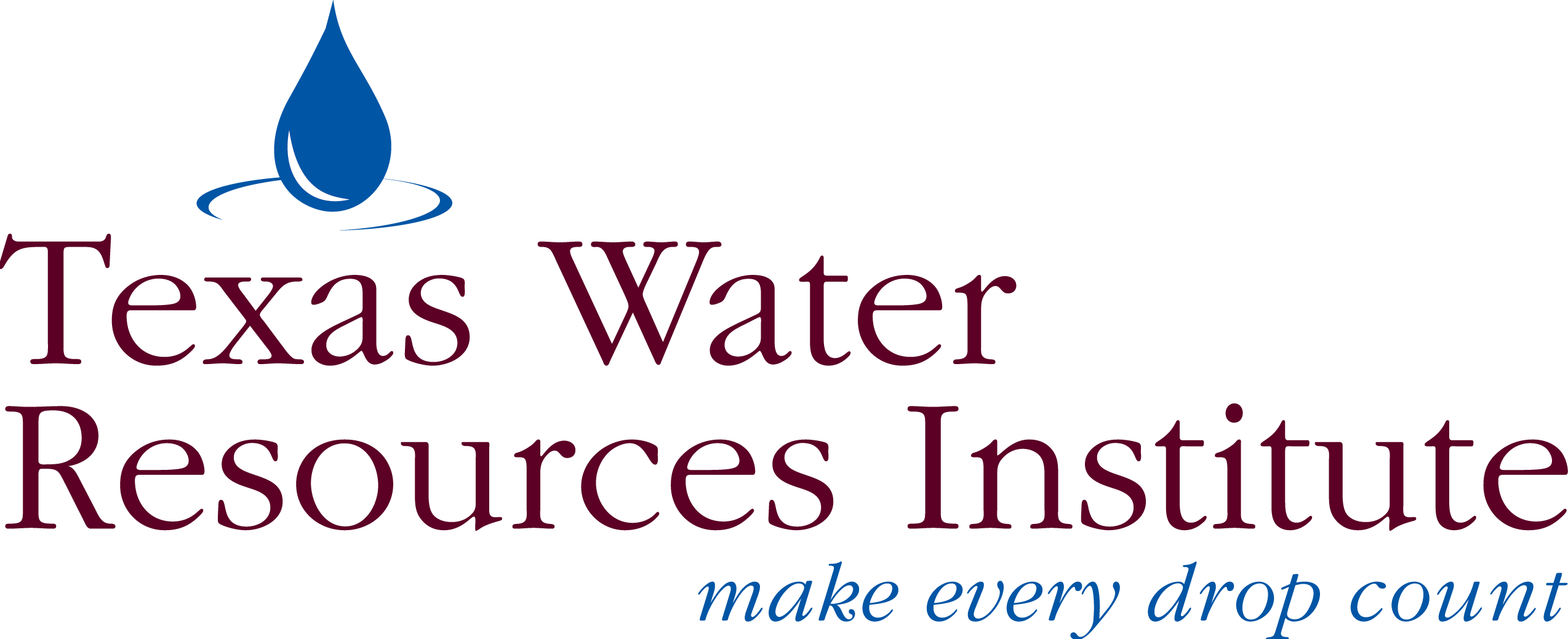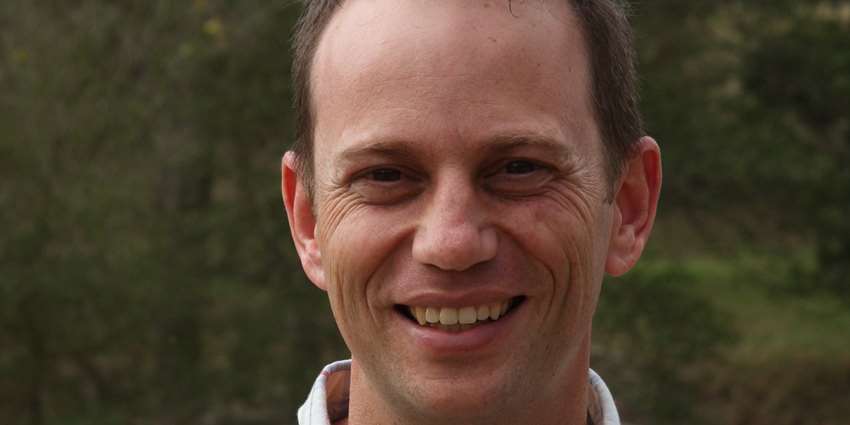As a freshman studying biology at Howard Payne University, Dr. Kevin Wagner dreamt of becoming a physical therapist. But, he soon realized the impact of his childhood days spent playing in the streams on his grandfather’s ranch. His heart was in water resources.
Wagner’s passion for water led him to change his career path and pursue graduate work in water. Ultimately, this passion led him to his current position as associate director of the Texas Water Resources Institute (TWRI).
Wagner began studying water resources management while earning his master’s in environmental science from Oklahoma State University. His studies at Oklahoma State opened the door to working in water resources at the Oklahoma Conservation Commission, which he reflects back on as “a great opportunity.”
When Wagner returned to Texas, he began working as a program specialist at the Texas State Soil and Water Conservation Board (TSSWCB). He eventually became the assistant director of programs, managing a variety of programs, including the Texas Nonpoint Source Management Program, a program to reduce non-point source pollution.
“I was able to establish a good network with a lot of other folks in my leadership position there,” Wagner said. That network of conservation-minded professionals has been helpful throughout his career, he said.
In 2005, Wagner joined TWRI as a project manager. An aspiration to help lead the institute drove him to pursue his doctorate and work his way up to the associate director position in 2009.
Through his years at TWRI, Wagner has seen water resources concerns evolve. In the last decade, his work mainly focused on mitigating bacterial impairments in water bodies, he said. However, since the 2011 drought, he has concentrated more on drought-related issues and water conservation.
Wagner said the position requires that he stay up to date on numerous water issues throughout the state. “It can be challenging, but there is never a dull moment,” he said. “That’s what makes it fun and exciting.”
Wagner credits his professional network and the staff at TWRI for making it easier to tackle water-related issues in Texas. Developing partnerships is important to understanding and addressing water challenges, he said.
“A big part of my job is knowing what scientific expertise and experience is available across Texas A&M and other universities so that when opportunities or issues arise, I know who to engage. I’m constantly trying to stay abreast of what research other people are doing.”
Currently, Wagner said, he is excited about the institute’s work to improve water quality, specifically promoting private land stewardship. Not only does private land stewardship impact water quality and conservation, but it has a number of other benefits, including improved economic conditions for farming and ranching and improved habitat for threatened and endangered species, he said.
To encourage the implementation of voluntary best management practices, Wagner plans to help ensure that agricultural producers have access to the most current scientific data on these practices.
Wagner’s enthusiasm for land stewardship is no surprise considering his agricultural background. In addition to being from a ranching family, he earned his doctorate in agronomy from Texas A&M University in 2011. This background has helped him relate to landowners and understand the unique challenges that producers face, he said.
Approximately 95 percent of Texas land is privately owned, meaning most of the state’s water falls on private land, Wagner said. Because of this, working with private landowners is essential to maintaining water quality and quantity.
When looking to the future, Wagner sees the big picture and said he hopes to focus on holistic natural resources planning, which integrates many factors such as water quality, food and energy production and wildlife conservation. He also plans on working with urban and agricultural water users alike to improve irrigation scheduling tools and training.
In addition to his work at TWRI, Wagner passes his knowledge on to students. Currently, he mentors graduate students in their water resources research. He also co-taught a watershed management course in the Water Management and Hydrological Science Program at Texas A&M in 2013. He also teaches a short course to water resource professionals from throughout Texas and the United States.
“As a child, I never thought that I would be doing the work that I am doing now,” he said. “But, it’s a good fit — a perfect fit for me.”



